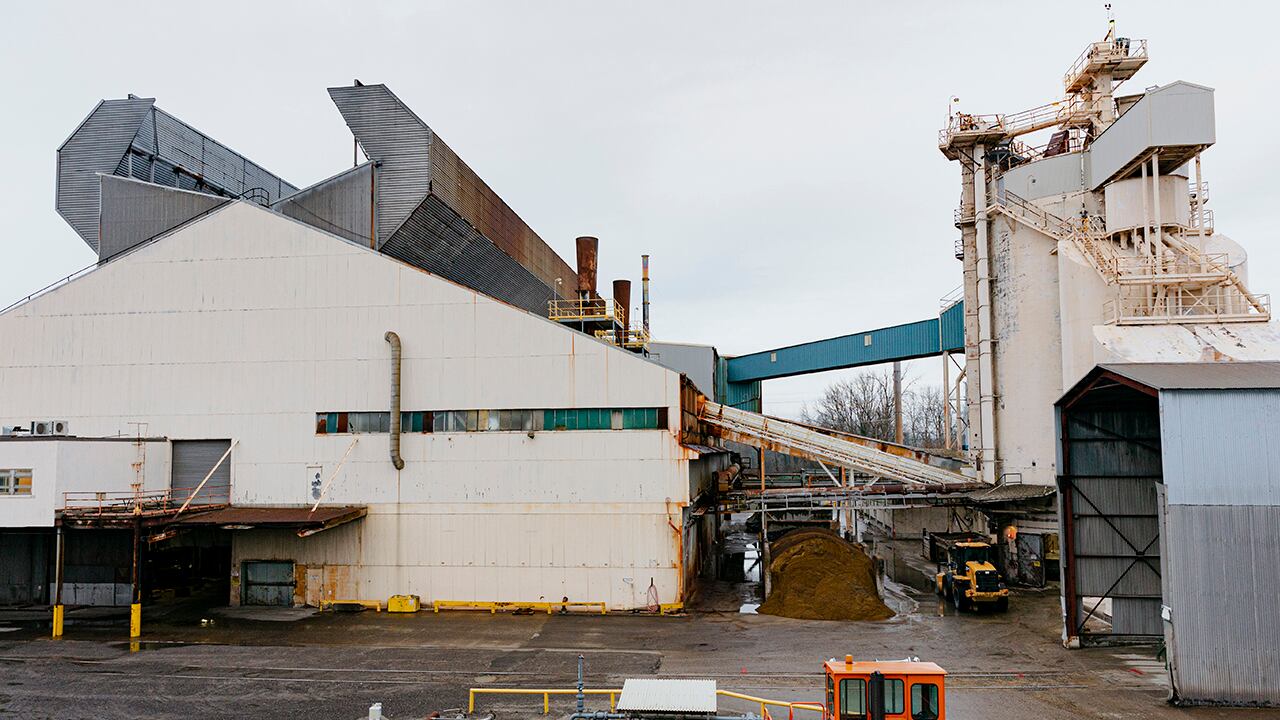Located in Portland's Cully neighborhood, the Owens-Brockway plant is the only place in Oregon that recycles glass bottles. But a proposed city carbon tax could shut down the struggling plant ("Glass Houses," WW, Jan. 27, 2021). The Portland City Council may soon vote on the plan, which would increase Owens-Brockway's taxes by $1 million a year and raise more than $11 million a year. Andrea Durbin, director of the city's Bureau of Planning and Sustainability and the taxes' architect, says she's taking urgent and ambitious action on the climate emergency recently declared by the City Council. Detractors of the taxes say the fees could kill Oregon's bottling recycling program and won't drastically reduce carbon emissions. Here's what our readers had to say:
@TySchimpf via Twitter: "This is a great idea. Now we can switch to the super-environmentally friendly plastic containers."
GVPortland via wweek.com: "Carbon trading, carbon taxes and so on is greenwashing to the maximum. I normally don't agree with all those carbon footprint matters, but when RECYCLING activity is doing something deleterious to the environment, it is worth evaluating the net gain when they're consuming one resource and emitting pollutants in order to recycle another resource."
David Sweet via wweek.com: "My Cully neighbors and I will shed no tears if Owens-Brockway closes down due to the city's new carbon tax. I appreciate that Portland's glass bottles can be recycled close to home, but that benefit creates Cully's burden—neurotoxins pumped into our airshed. Owens-Brockway has refused our entreaties to install state-of-the-art filters to mitigate their emissions. Take your poison with you when you go."
Bevin Ankrom via Facebook.com: "So much for transparency. We should be supporting those businesses that are at least involved in responsible recycling. Go pick on businesses that ignore EPA standards and give us (the taxpayers) an opportunity to weigh in. Unless your intent is to shut every business down, huge tax increases do not equate [to a response to] climate change."
David Be via wweek.com: "We do need to do something about greenhouse gases. A carbon tax is likely the correct way to. Implementation is the problem. Getting emitters to go out of business—if they do not change—is a good goal, even if we do need the products that they provide. Others can step up to provide those services and products using less carbon-intensive methods or energy sources. That's progress, that's room for innovation. Implementation is bad here in that it doesn't give incentives and allow those who WANT to be good actors a way out that lets them fix their ongoing operations over a time frame. You shouldn't be allowed just to buy your way out, since the climate doesn't care if CO2 is emitted just because it was paid for in a different way. That just lets big players emit at the expense of ones with tighter margins."
Hikerdude2009 via wweek.com: "The main issue with this tax is, it's trying to address a macro-socioeconomic environmental issue at a very micro level that isn't at all enforceable outside our micro-jurisdiction. Therefore, it's essentially meaningless. These businesses will either collapse or move to jurisdictions that don't have such taxes or overseas where the businesses don't have near as much environmental safety requirements that they have domestically. The demand for the steel will still be there. Someone else will supply it."
@barbwonttweet via Twitter: "Great question is the city-vs.-state or federal level of regulation. We clearly can't wait for feds. Big states like California can lead and push with their regulations, but what are the side effects of individual cities trying to affect a global problem?"
Derrick Ross via Facebook: "A carbon tax is nice and all, but the more I explore of this city and the West Coast, the more I realize that even Seattle, L.A. and the Bay all still rely heavily on 'polluting,' heavy industry jobs. I'd rather keep the jobs here, somewhere with a bit higher environmental regulations than sending them to other states/countries where nobody cares as much. There needs to be a happy medium instead of pushing regulations that don't really solve the issue but punish companies for being in a specific location."
Letters to the editor must include the author's street address and phone number for verification. Letters must be 250 or fewer words.
Submit to: 2220 NW Quimby St., Portland, OR 97210.
Email: mzusman@wweek.com
